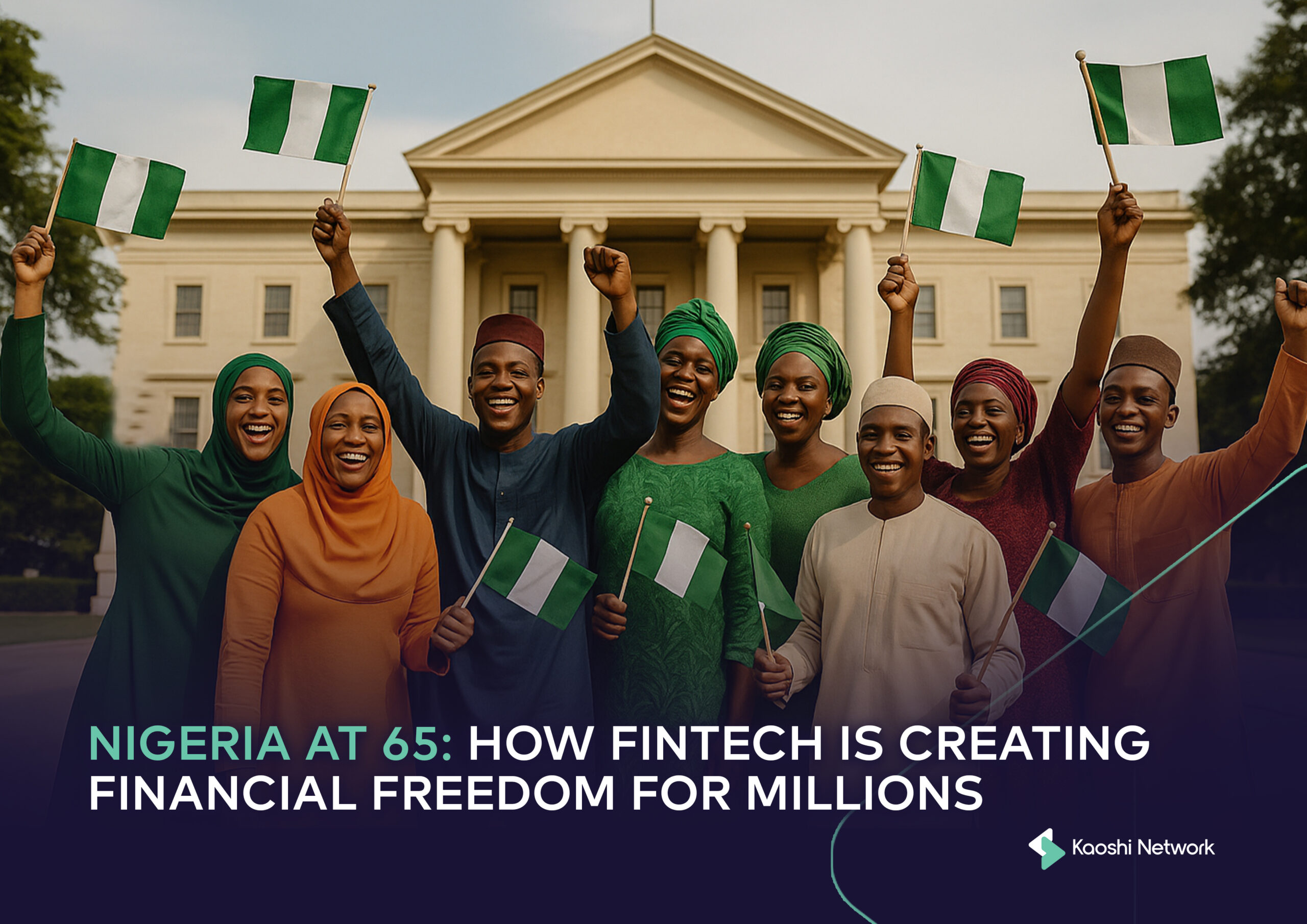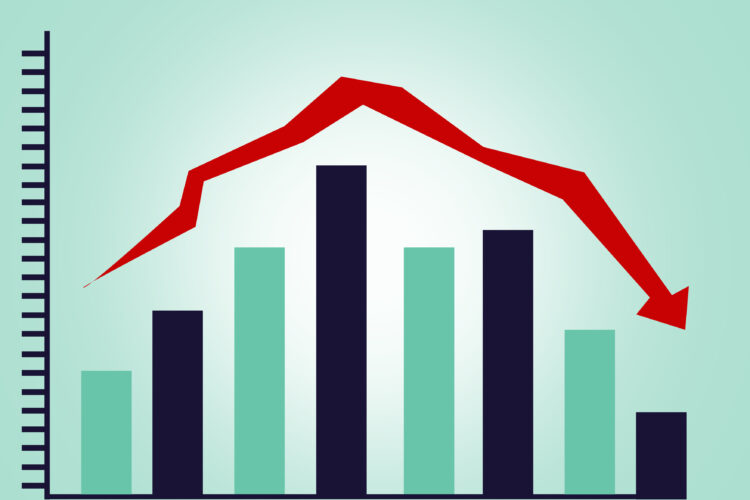
In just one decade, Nigeria has leaped from 25% financial inclusion to over 65%. Fintech is the engine driving this revolution. On October 1st, the nation celebrates 65 years of independence, and this digital transformation represents a new kind of freedom: economic sovereignty for millions of previously excluded Nigerians.
Financial sovereignty means more than just access to banking. It also represents control over one’s economic destiny, freedom from predatory informal lenders, and the power to build wealth on your own terms. This is the promise fintech is delivering.
FROM FINANCIAL EXCLUSION TO DIGITAL INCLUSION
To understand fintech’s revolutionary impact, we need to look at where Nigeria started and how far it’s come.
For decades, the formal banking system excluded millions of Nigerians, particularly those in rural and underserved areas. Traditional brick-and-mortar banks remained out of reach, and their processes were often complicated and intimidating. This financial exclusion severely hindered economic growth and personal empowerment.
However, the rise of financial technology has been transformative. Fintech startups have leveraged Nigeria’s 90.7% mobile phone penetration rate and a growing tech-savvy population to deliver financial services directly to consumers. Mobile money platforms, digital wallets, and peer-to-peer lending apps have made saving, sending money, and accessing credit simpler than traditional banking ever was.
For Amina, a small business owner in Kaduna, independence took on new meaning when she secured her first business loan through a digital lending platform. No collateral, no endless bank queues, just opportunity.
THE PILLARS OF FINTECH’S IMPACT IN NIGERIA

This fintech revolution is reshaping Nigeria’s economic landscape in three fundamental ways:
1. Democratizing Access
Fintech has made financial services more accessible and affordable. Platforms like OPay over 50 million registered users, PalmPay, and PiggyVest have simplified everything from daily transactions to long-term investments. A farmer in Kano can now receive payment for crops via mobile money within seconds. This eliminates the need to travel hours to the nearest bank and the risk of carrying cash. This has integrated millions into the formal financial system while promoting financial literacy and sound financial management practices.
2. Increasing Economic Activity
Fintech has enabled small and medium-sized firms (SMEs), the backbone of the Nigerian economy, to thrive. Digital payment systems and alternative lending platforms give small businesses the tools they need to manage cash flow, accept payments from a broader customer base, and access the funding they need to grow. A Lagos-based fashion designer using Kaoshi can now accept payments from customers across the globe. Her market has expanded from her neighborhood to the world.
3. Fostering an Innovation Culture
The Nigerian fintech sector is an innovation engine. From domestic payment gateways to a new wave of entrepreneurs in digital wealth management, lending, and insurance technology (insurtech), the sector constantly evolves. Nigerian fintech startups raised over $1 billion in 2021 alone. This dynamic ecosystem attracts substantial foreign investment, creates high-paying jobs, and positions Nigeria as a digital economy leader in Africa.
LOOKING AHEAD: THE ROAD TO FINANCIAL SOVEREIGNTY

Nigeria marks its 65th Independence Day, and the fintech sector represents far more than a trend. It is a fundamental pillar of the country’s economic future. The journey to complete financial sovereignty continues, but with fintech’s sustained growth, the path forward is clearer than ever.
Regulators are developing frameworks to promote trust and security, while innovators explore new technologies like artificial intelligence and blockchain to enhance user experience and combat fraud. Notwithstanding the challenges around cybersecurity and digital literacy, the trajectory is undeniably positive.
Fintech’s success testifies to the resilience and innovative spirit of Nigerians. It demonstrates how technology can overcome obstacles, bridge gaps, and create a more inclusive and prosperous nation; one where every Nigerian has the tools for economic empowerment.
As we celebrate 65 years of independence let’s commit to ensuring every Nigerian has access to these tools of financial freedom. The next chapter of Nigeria’s independence story is being written in digital ink, and it’s a story of opportunity, innovation, and true economic sovereignty.
Happy Independence Day from Kaoshi Network!




